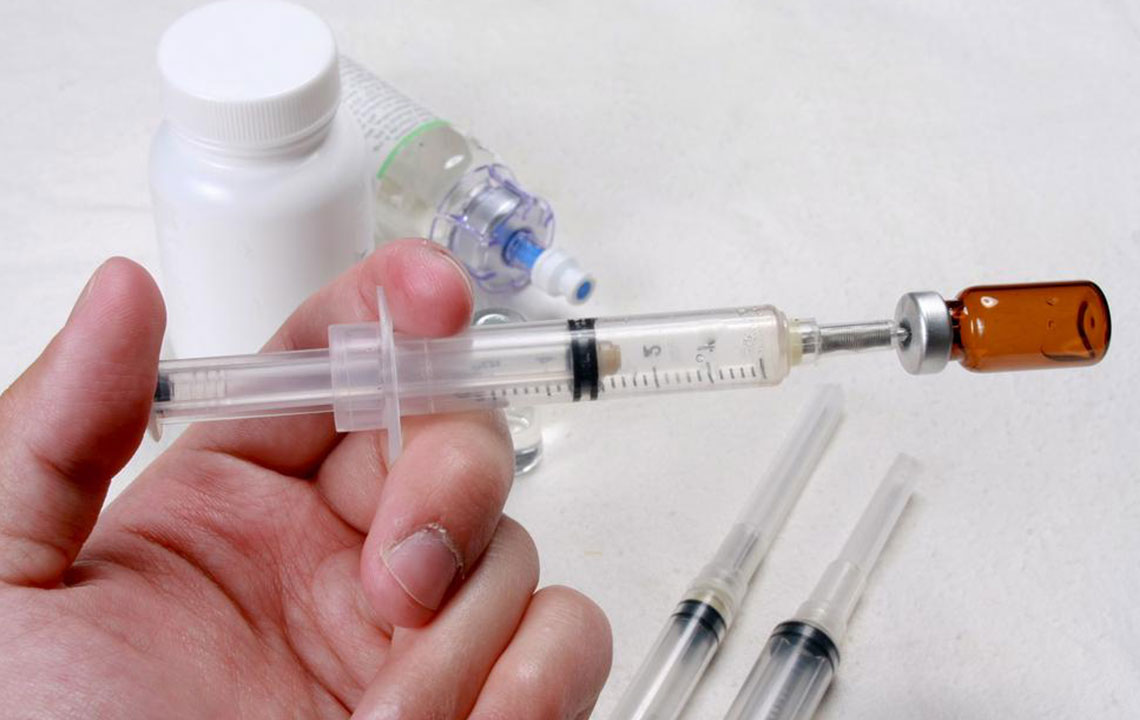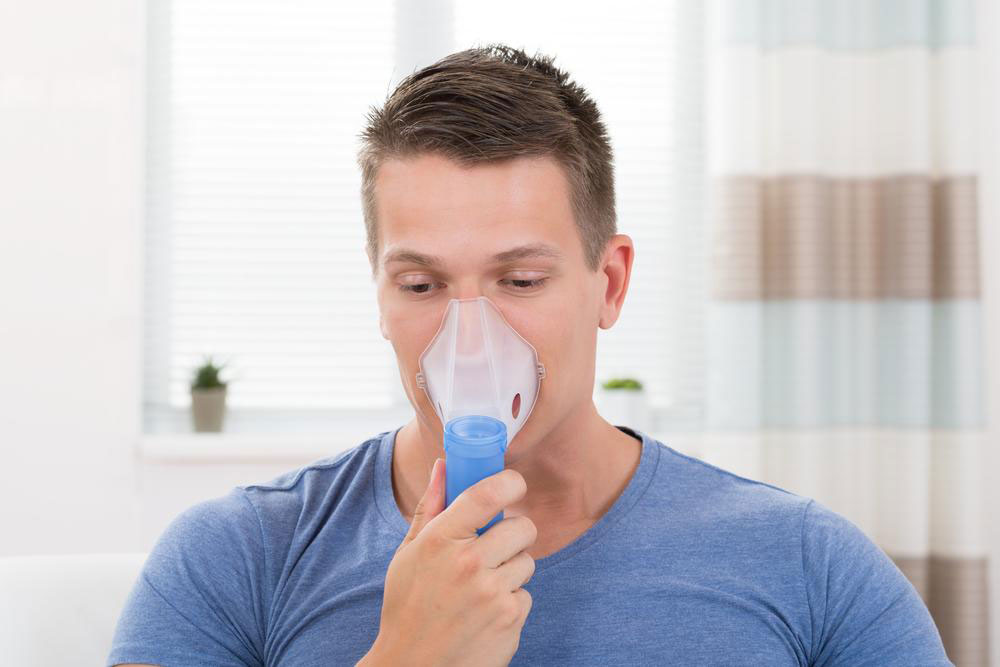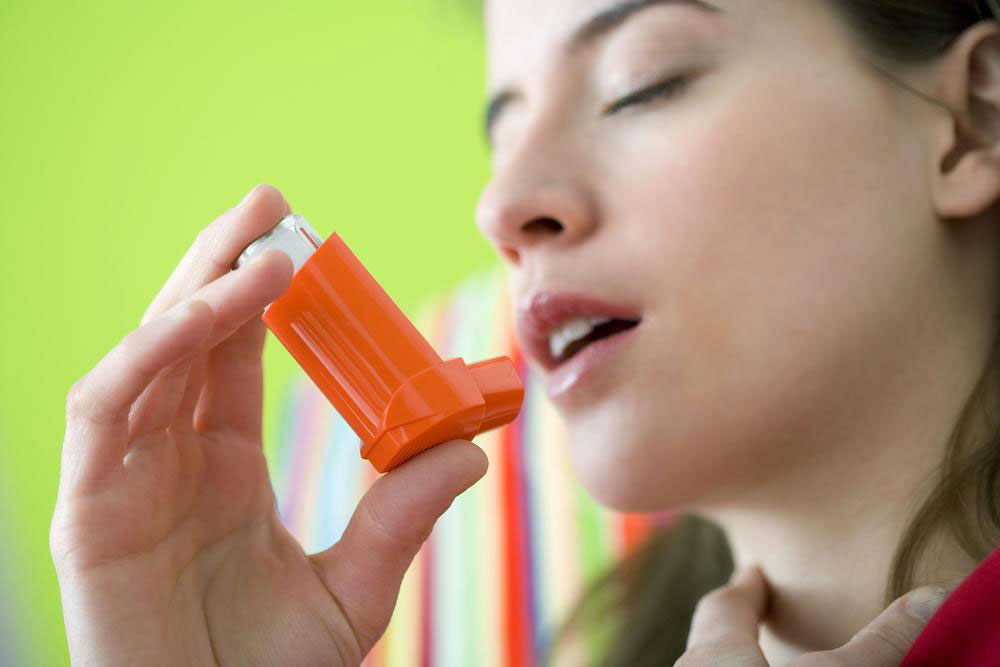Comprehensive Guide to Effective Medications for Sinusitis Relief
Explore comprehensive treatments for sinusitis, including medications like decongestants, antibiotics, corticosteroids, and natural remedies such as steam inhalation. This guide provides detailed insights into managing sinus infections effectively through proper medical guidance. Ideal for those suffering from sinus inflammation, the article emphasizes personalized treatment, symptom relief, and prevention of recurrent episodes, ensuring better respiratory health and comfort.

Understanding and Managing Sinus Inflammation: Effective Treatments and Medications
Sinusitis, commonly known as sinus infection, is a prevalent condition characterized by the inflammation or swelling of the sinus tissues. These sinus cavities are air-filled spaces located within the bones of the face and skull, playing vital roles in humidifying and filtering the air we breathe, as well as resonating sound. When these sinuses become blocked due to infection, allergies, or structural issues, they fill with fluid, providing an ideal environment for bacteria, viruses, or fungi to grow. This results in symptoms such as nasal congestion, facial pain or pressure, headaches, nasal discharge, and sometimes fever. Proper management through effective medications is essential for alleviating symptoms and preventing complications.
Below is an in-depth overview of the primary treatments and medications used to treat sinusitis, including their roles, benefits, potential side effects, and guidance on usage. Always remember that proper diagnosis and personalized treatment plans should be obtained from qualified healthcare professionals.
Common Medications and Remedies for Sinusitis
Decongestants: The First Line of Defense
Decongestants are commonly recommended at the initial stages of sinusitis to reduce nasal swelling and promote sinus drainage. These medications constrict blood vessels in the nasal passages, decreasing swelling and alleviating congestion. Both oral decongestants (like pseudoephedrine) and topical nasal sprays (such as oxymetazoline) are used. However, nasal sprays should not be used for more than three consecutive days to avoid rebound congestion. Decongestants provide quick relief but should be used cautiously in individuals with high blood pressure, heart issues, or thyroid problems.
Antibiotics: Combatting Bacterial Infections
When sinus symptoms persist beyond 10 days or worsen, healthcare providers may prescribe antibiotics to target bacterial infections. It is crucial to complete the full course of antibiotics even if symptoms improve early, to prevent antibiotic resistance and recurrence. Antibiotics are ineffective against viral sinusitis and should only be used when bacterial infection is confirmed or strongly suspected.
Steam Inhalation and Mucus Loosening Techniques
This is a complementary remedy rather than a medication. Inhaling steam from hot water or using a vaporizer helps moisten the nasal passages and loosen thick mucus, easing drainage and reducing pressure. Adding essential oils like eucalyptus or menthol can enhance the soothing effect. Steam inhalation is safe for most individuals but should be done cautiously to avoid burns.
Corticosteroids: Reducing Inflammation
In cases where inflammation is severe or persistent, corticosteroids—either oral, nasal sprays, or injections—may be prescribed. They reduce swelling and inflammation of the sinus tissues, relieving pain and blockage. Long-term steroid use should be monitored closely by a physician due to potential side effects such as immune suppression or hormonal imbalance.
Antihistamines: Managing Allergic Sinusitis
Allergic reactions often trigger or worsen sinusitis. Antihistamines help control allergic responses, decreasing nasal swelling, runny nose, and sneezing. These medications are especially useful in individuals with allergic rhinitis and can be taken in oral or nasal spray forms. Non-sedating antihistamines are preferred to avoid drowsiness, particularly during the day.
Antifungal Medications: Addressing Fungal Sinusitis
Though less common, fungal sinusitis requires antifungal therapy when fungal elements are identified as the cause of infection. These medications can be oral or topical and are administered under strict medical supervision due to potential toxicity and side effects.
Immunoglobulin Therapy: Boosting Immunity
Patients with underlying immune deficiencies or recurrent sinus infections may benefit from immunoglobulin therapy. This treatment helps strengthen the immune system, reducing the frequency and severity of sinus infections.
Important Reminder: Self-medicating without professional guidance can lead to ineffective treatment or adverse health effects. Always consult healthcare professionals for accurate diagnosis and tailored treatment plans.
Understanding the variety of treatment options for sinusitis can help you manage symptoms effectively and prevent recurrent episodes. From simple saline sprays and decongestants to advanced corticosteroids and antifungal treatments, selecting the appropriate medication depends on the underlying cause, severity, and individual health circumstances. Combining medications with lifestyle modifications like adequate hydration, avoiding irritants, and maintaining good nasal hygiene can significantly improve outcomes. Recognizing when to seek medical advice ensures safe and effective management of sinus conditions, reducing discomfort and enhancing quality of life.





